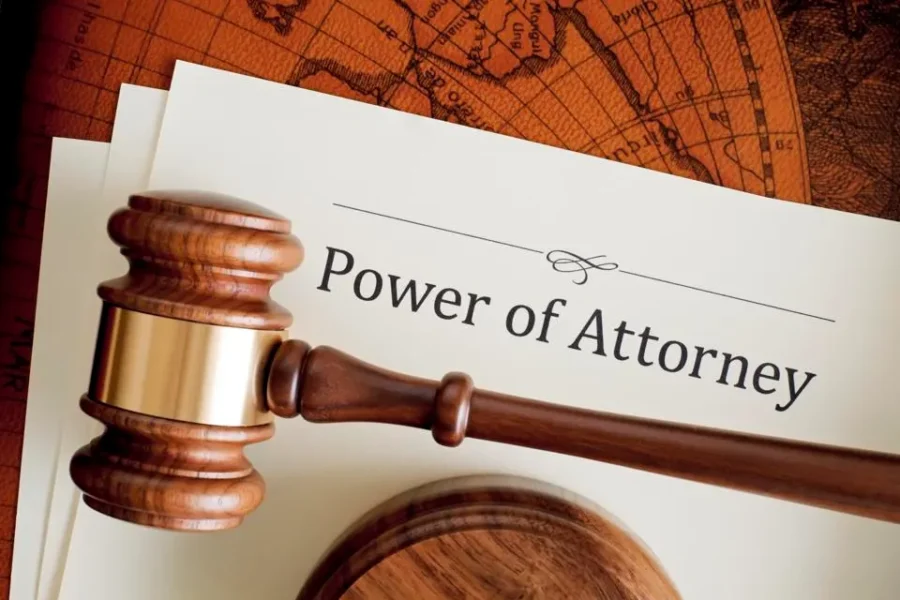A power of attorney (POA) is a document that authorises a specific individual to act on the principal’s behalf. The “Principal” is the one carrying out the power of attorney, while the “Attorney,” “POA Holder,” or “Agent” is the one on whose behalf the power of attorney is carried out. In corporate or private dealings, the Agent may act on behalf of the Principal. Agency refers to this arrangement between the Principal and Agent. Sometimes you need someone else to act on your behalf because of age, disease, or physical infirmity, among other reasons. It’s also important to remember that the Agent’s decision-making authority could be restricted or unrestricted.
Contents of a Power of Attorney
An Attorney is designated to perform actions on behalf of the Executor, who drafts a Power of Attorney document (GPA or SPA) on that person’s behalf. The following are the document’s primary characteristics:
- A precise designation of the individuals who would serve as the Executor and Attorney, respectively, along with their addresses and identities.
- A precise and thorough explanation of the authority that must be granted to the Attorney.
- The POA document’s authentication and registration.
Steps to Register a Power of Attorney
The procedure for registering a power of attorney is as follows.
- Selecting the appropriate POA type according to your needs. Whichever POA—General or Special—you wish to pursue.
- drafting a stamp-sized document that contains a POA and all of the terms.
- visiting the office of the registrar. The POA needs to be filed with the registrar’s office in the Principal’s or Property’s location.
- Before visiting the registrar’s office, you must, in the majority of states, schedule an appointment online.
- To sign the Power of Attorney in front of the registrar’s office, the Principal, Agent, and two witnesses must be present.
- Always have photocopies and the original, self-attested documents on hand, such as address proof.
- The registrar will maintain a photo of you, the person holding the power of attorney, and the witnesses in the official records.
- A copy of the Power of Attorney will be kept on file by the government and given to you by the registrar, who will also stamp
Power Of Attorney Executed Outside India
Sometimes a person who lives outside of India needs to finish a transaction that needs to be completed in India. However, he cannot travel to India for the same reason. Under such circumstances, the individual may execute a power of attorney designating any other individual to do that specific transaction on his behalf. Under the Indian Stamp Act of 1899, a Power of Attorney executed outside of India but pertaining to property located in India or any matter or item to be done in India or received in India is subject to stamp duty. Additionally, the POA is only good for registration and needs to be attested by the foreign Notary Public or Indian Consulate.
- Power of Attorney draft on standard white paper. Every page of the POA must be signed by the principal.
- Having a notary public or the Indian Consulate certify the Power of Attorney.
- Give the power of attorney to a person in India, and they will register it by the relevant state regulations.
We are a law firm in the name and style of Law Offices of Kr. Vivek Tanwar Advocate and Associates at Gurugram and Rewari. We are providing litigation support services related to law matters in India, please do not hesitate to contact us. We are here to provide you with expert legal counsel and representation tailored to your specific needs and concerns.
Written by: Avichal Singhal Adv.


Great post. It’s very well organized and quite informative. Keep it up.